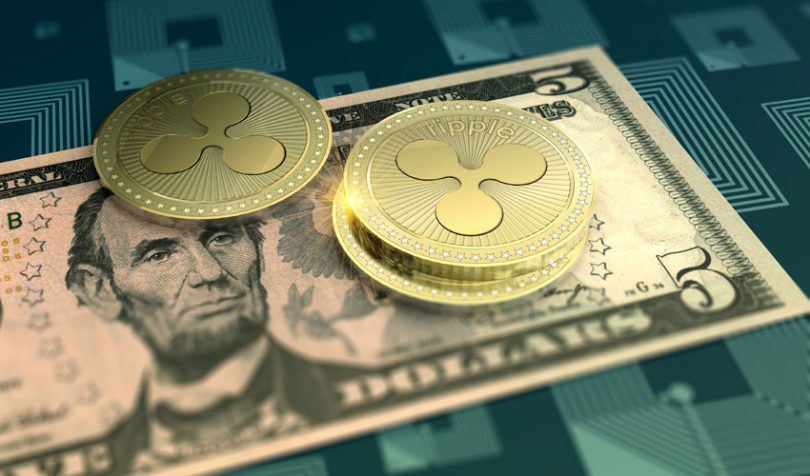In February UAE Exchange and Ripple announced the remittance company planned to use Ripple technology for cross-border payments. Yesterday Reuters reported that the first go-live date is Q1 2019.
The aim is to reduce the cost of transmitting money around the world. However, the savings won’t necessarily be passed on to customers. The global average cost to consumers of sending $200 was 7.1 percent in the first quarter of 2018 according to the UN. Remittances are classified as low-value person-to-person payments, and the global figure amounted to $613 billion in 2017 (source: World Bank).
The UAE has one of the highest proportions of migrants in the world. The UN estimates that the UAE’s population is 9.6 million. Its 2017 migration report shows there were 8.3 million migrants in the UAE with a large proportion (3.3 million) from India.
About UAE Exchange
UAE Exchange has 50 branches in the UAE but also has a global reach. It’s part of the Abu Dhabi-based Finablr group which also owns Travelex and Express Money.
“Blockchain holds tremendous promise for the industry, but there is progress to be made before we see it go fully mainstream,” said Promoth Manghat, CEO of UAE Exchange and holding company Finablr, talking to Reuters.
“We expect to go live with Ripple by Q1, 2019 with one or two Asian banks. This is for remittances to start with, from across the globe into Asia.”
Finablr is currently exploring an IPO, and in November they appointed Barclays and JP Morgan to advise on a London Stock Exchange listing in the first half of next year.
Ripple continues to extend its reach gradually. It recently announced a tie-up with Thai bank CIMB. Enterprise blockchain platform R3 now supports the digital currency XRP. And two months ago joint venture SBI Ripple Asia launched its Money Tap app in Japan for domestic payments.






